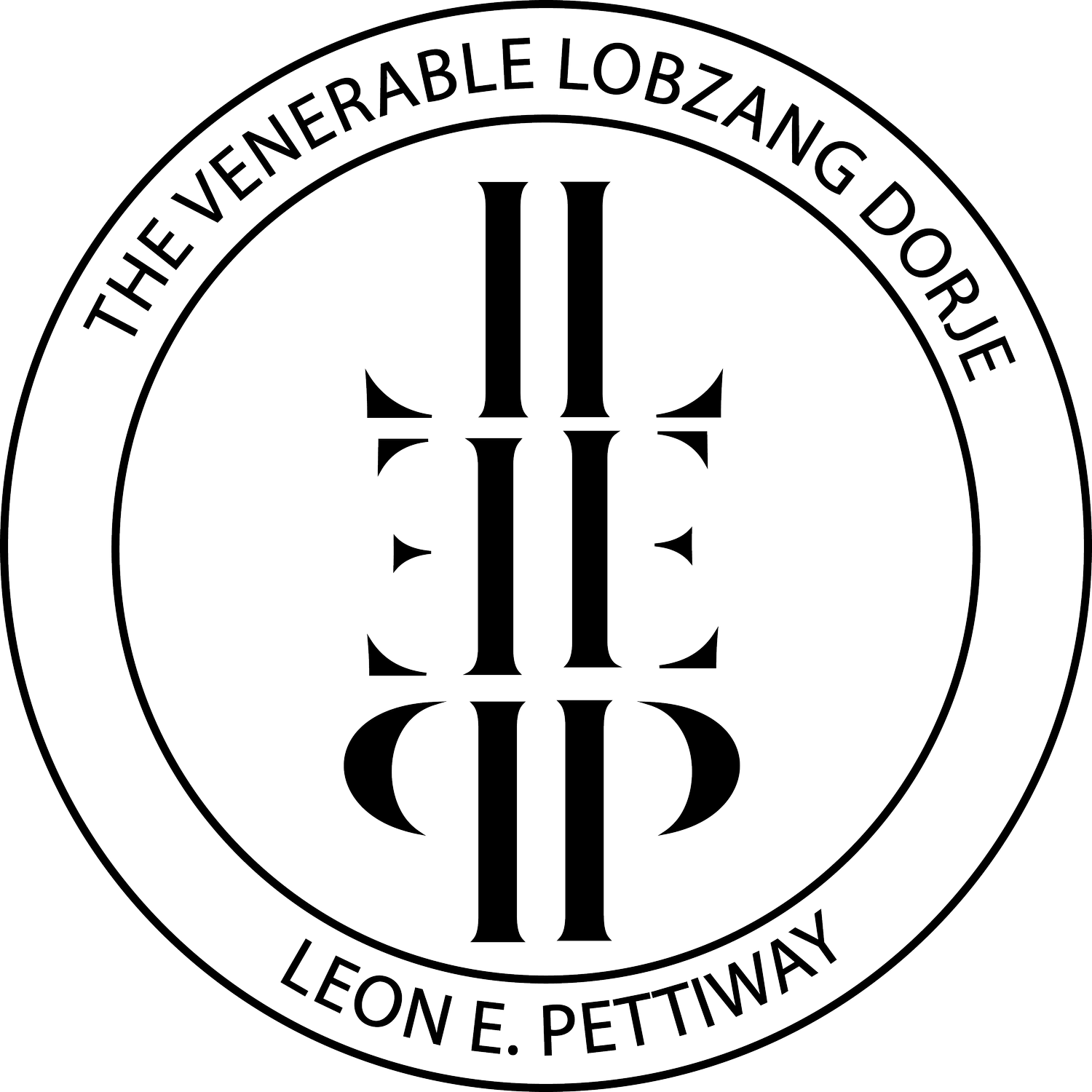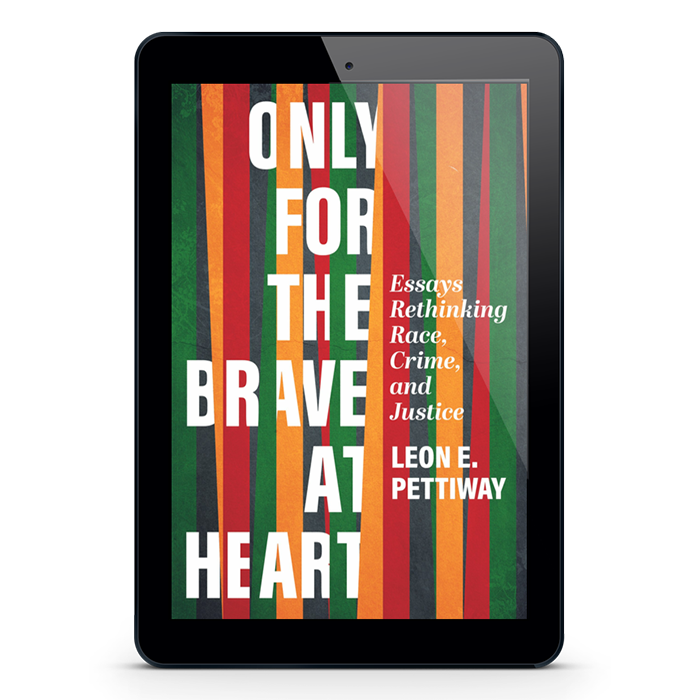ENDORSEMENTS
“This is an amazing collection of essays, highly intelligent, gifted with keen insights into human nuances, critical and analytical simultaneously, and remarkably rational.”
MOLEFI KETE ASANTI
Department of Africology and African American Studies, Temple University
Author of The Precarious Center
“In this beautifully written book, Professor Leon Pettiway asks us to emancipate ourselves from the mental slavery of substantialism. Using as his fold the analysis of crime and justice in the United States, he shows how the racial cartography of modernity imprisoned us all. Until we appreciate our interrelatedness and the folly of pursuing analyses and policies without compassion and love at their core, our work will always be unsatisfactory and reproduce racialism and domination. Thanks, Professor Pettiway for helping advance a new approach for doing our research as well as for living our lives.”
EDUARDO BONILLA-SILVA
James B. Duke Distinguished Professor of Sociology, Duke University
Author of Racism without Racists: Color-Blind Racism and the Persistence of Racial Inequality in America
“Today, an unprecedented number of prison inmates want nothing to do with traditional Judeo-Christian religions. Instead, they are turning to non-traditional faiths for spiritual succor. Foremost among them is Buddhism. But what do we know about the promise of Buddhism for criminal reformation? Very little as it turns out. This pathbreaking book addresses that lacuna in clear and concise terms. It is sure to be an indispensable resource for criminologists, counselors, and prison chaplains.”
MARK S. HAMM
Professor Emeritus, Department of Criminology and Security Studies, Indiana State University
Author of The Spectacular Few: Prisoner Radicalization and the Evolving Terrorist Threat


